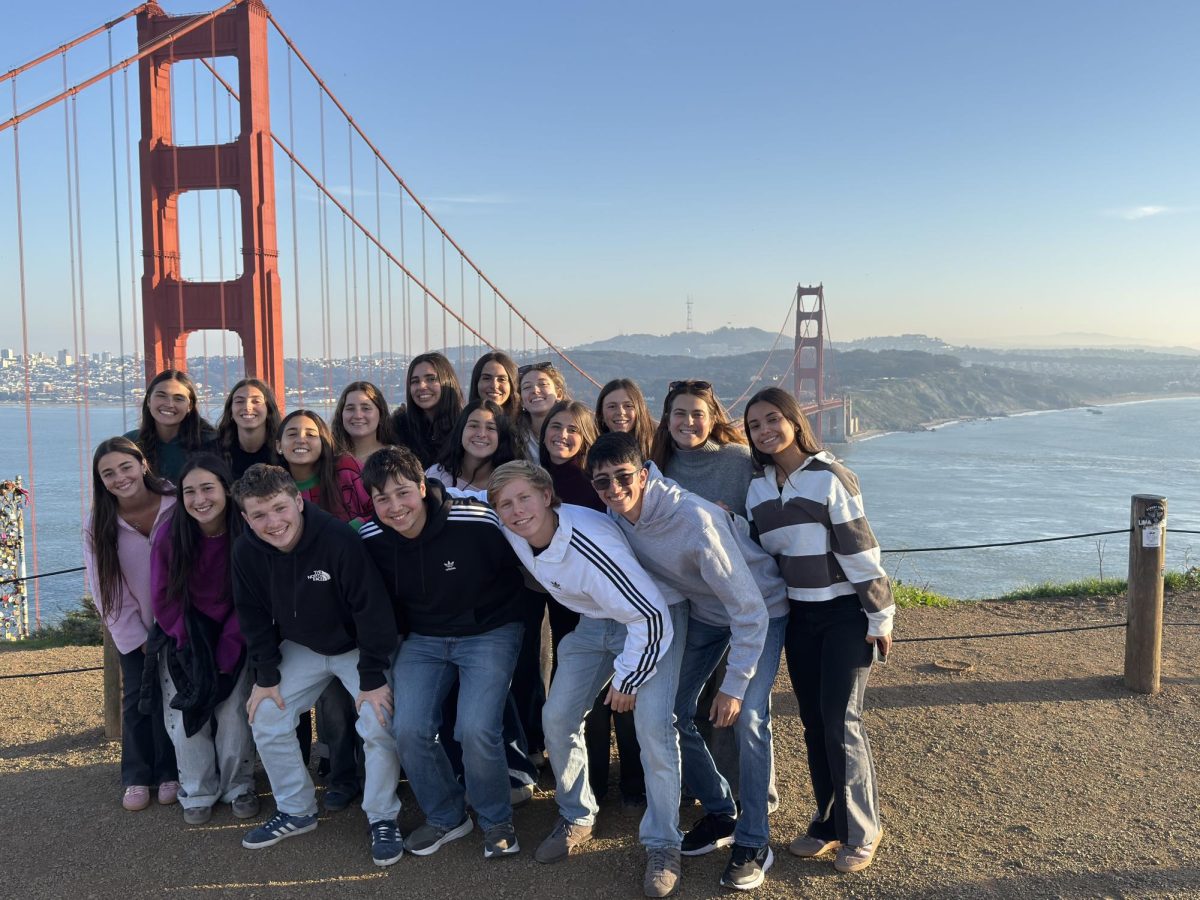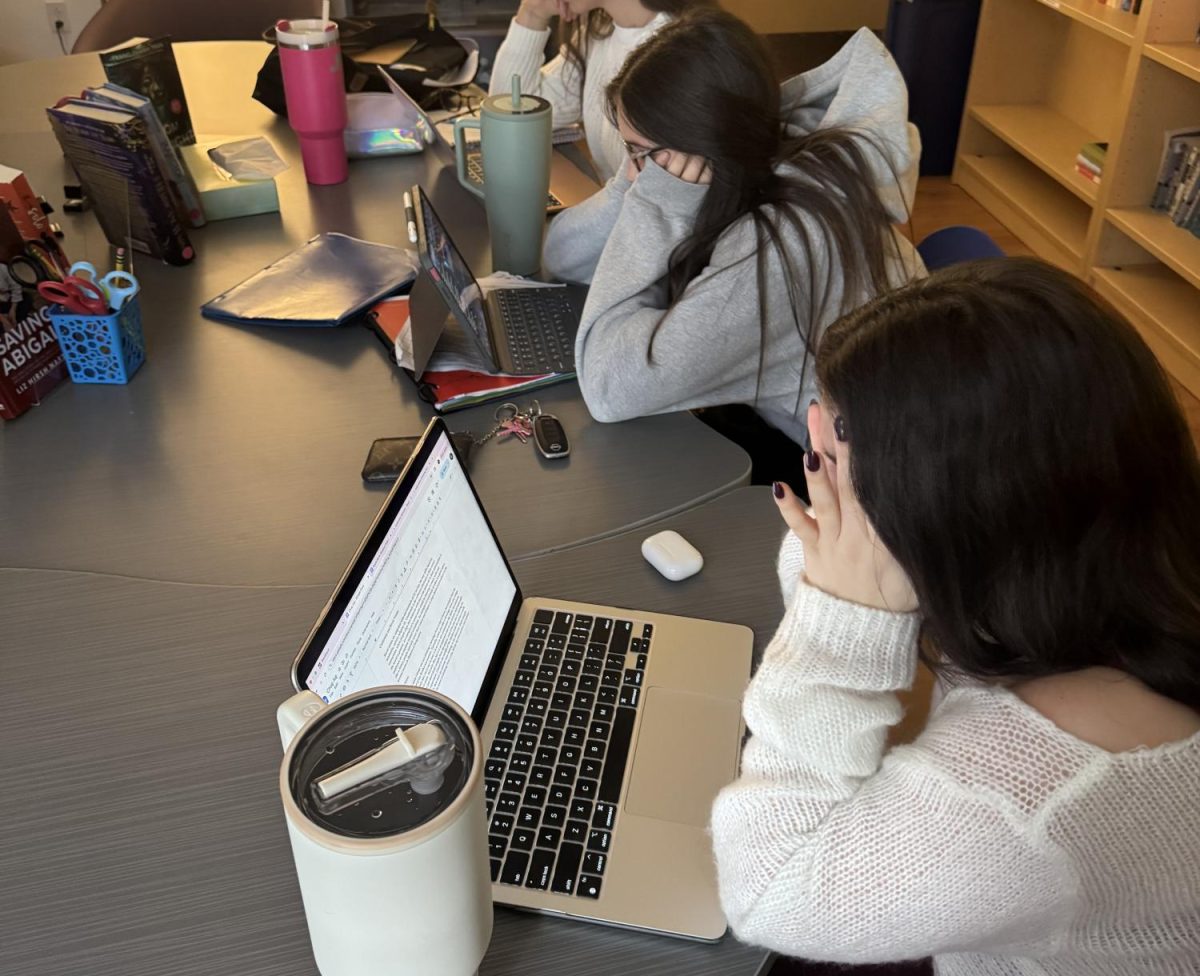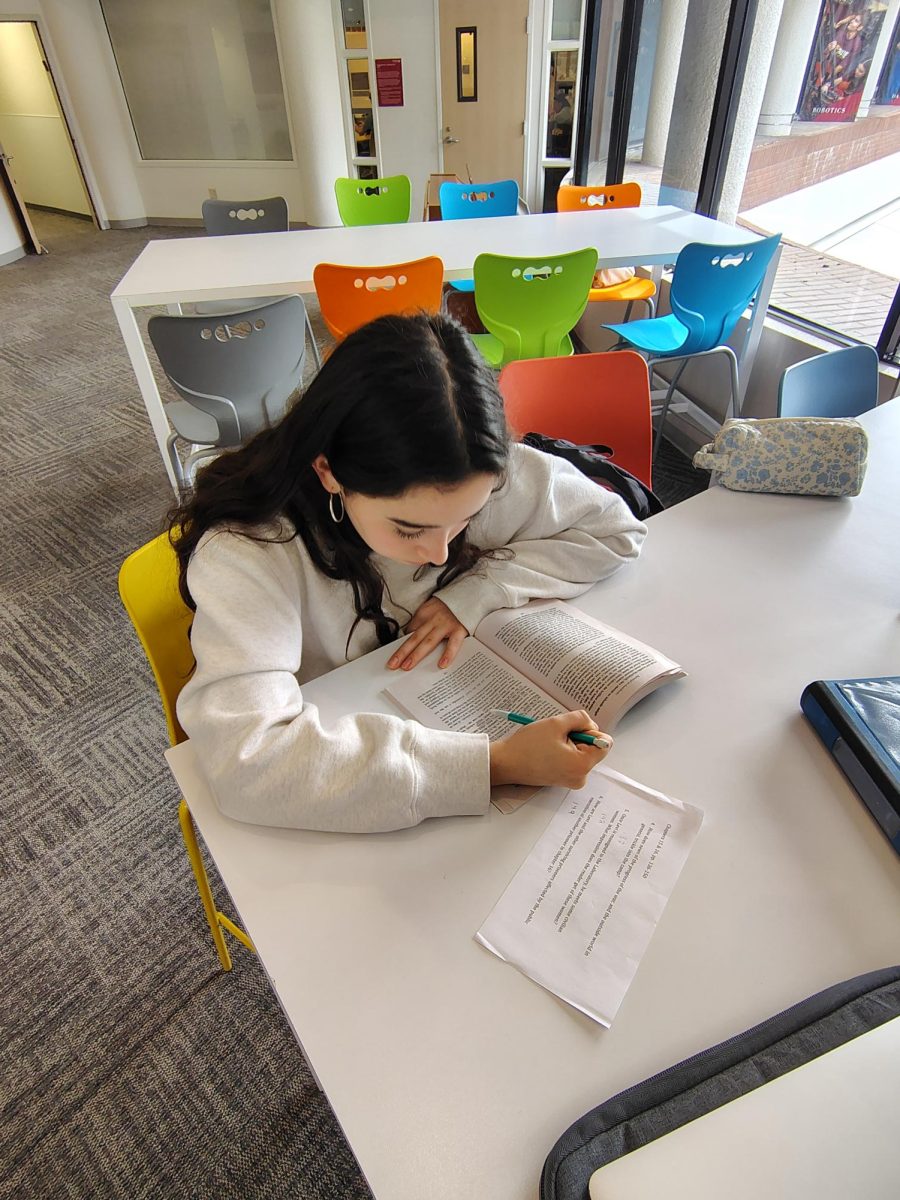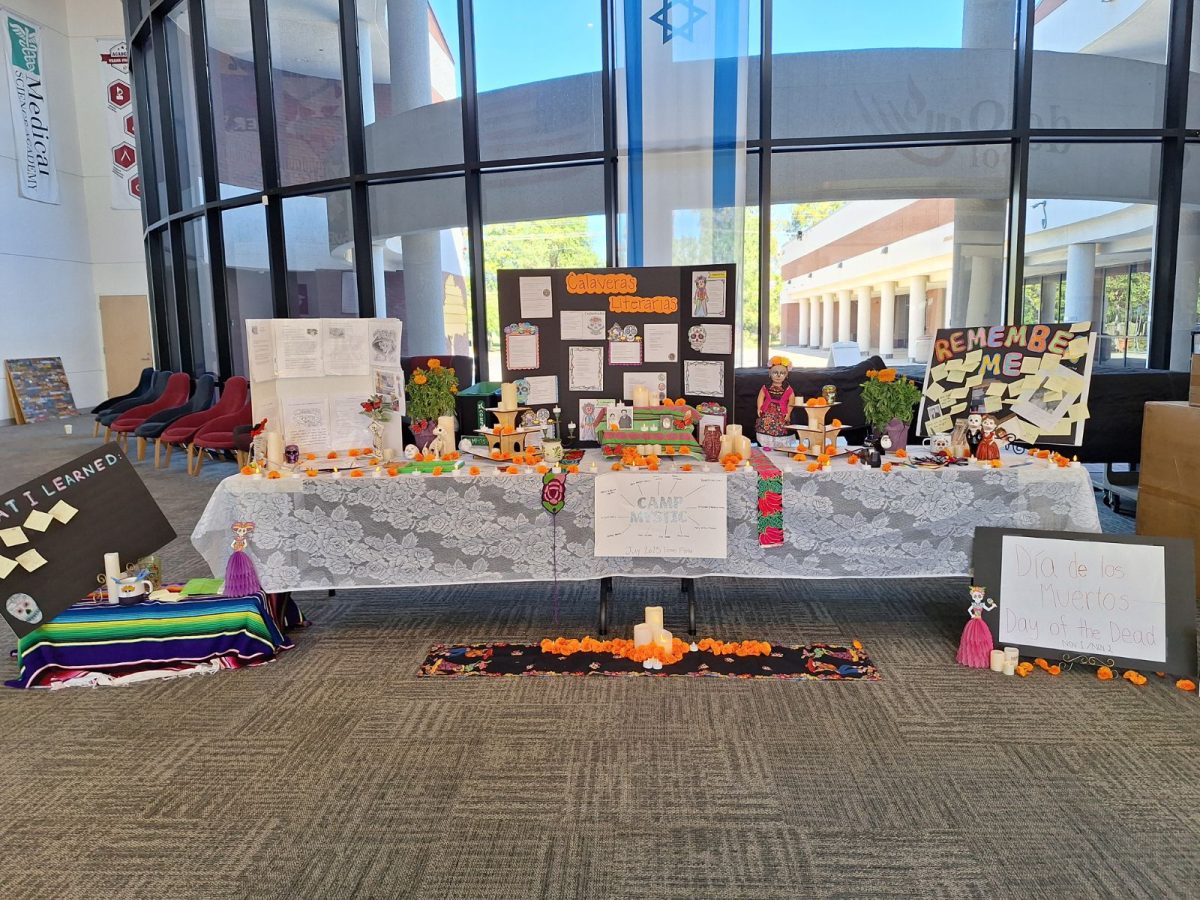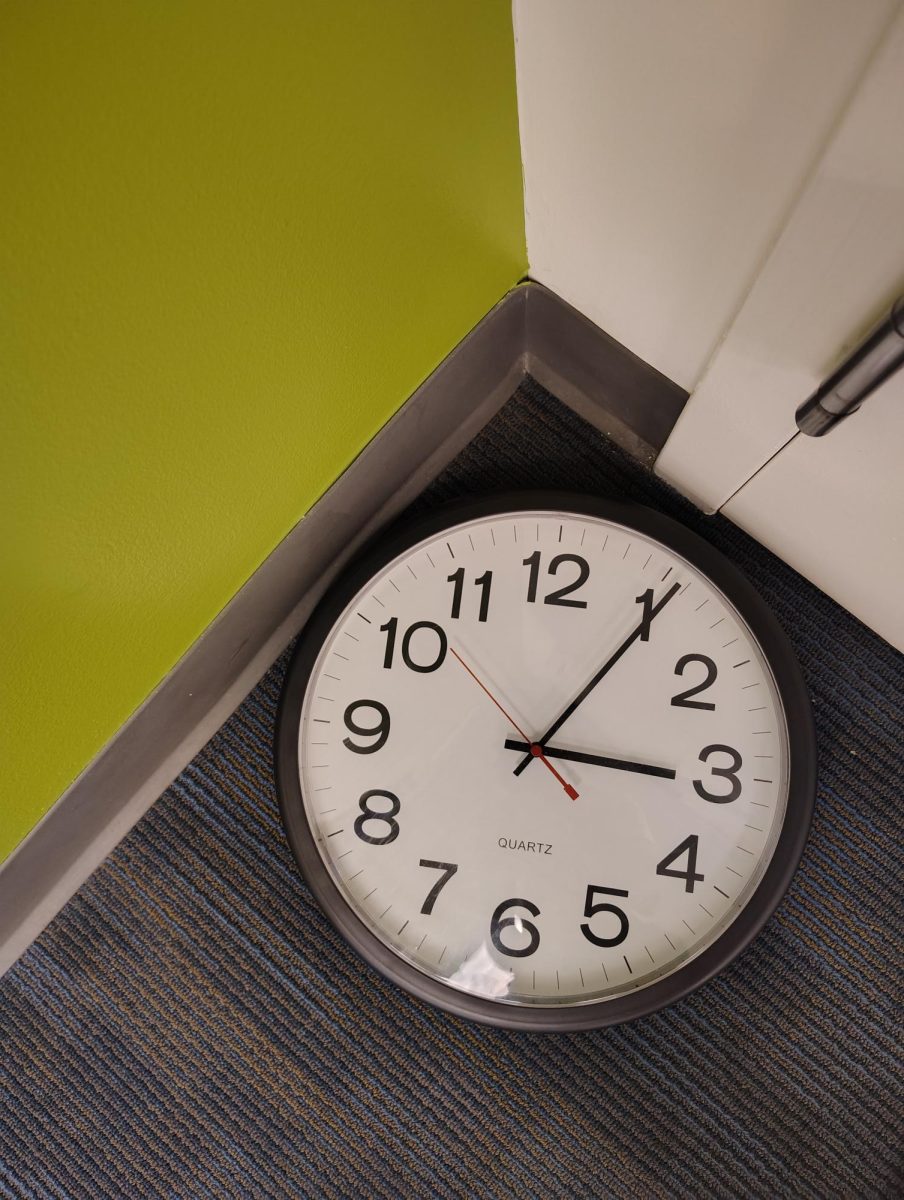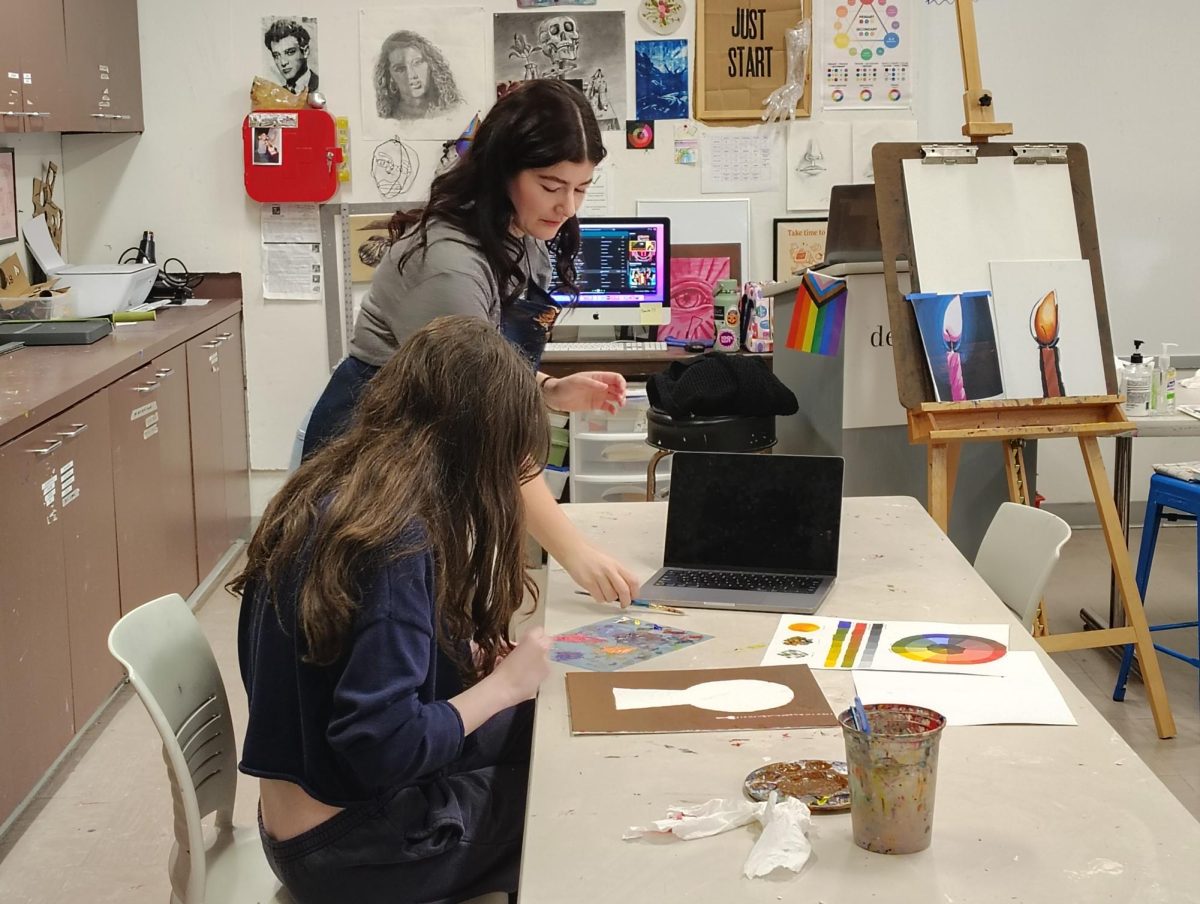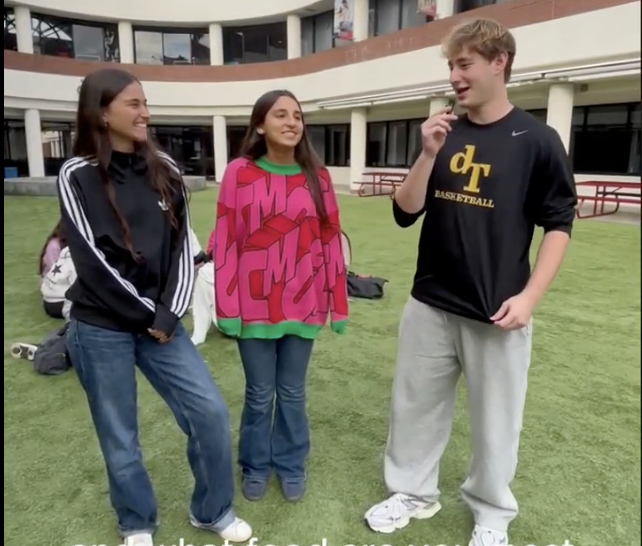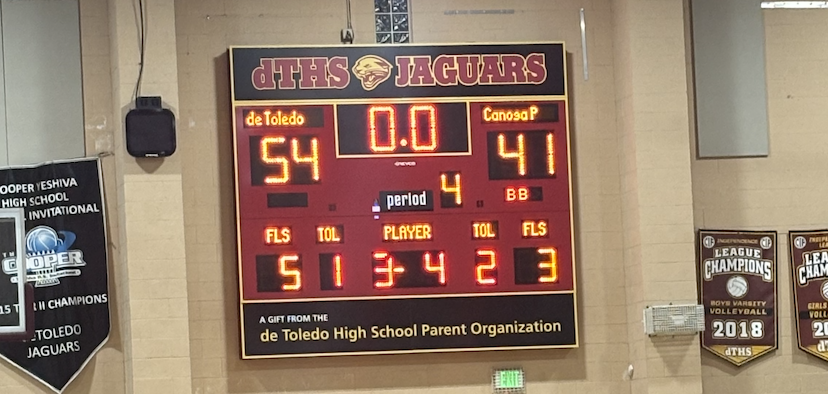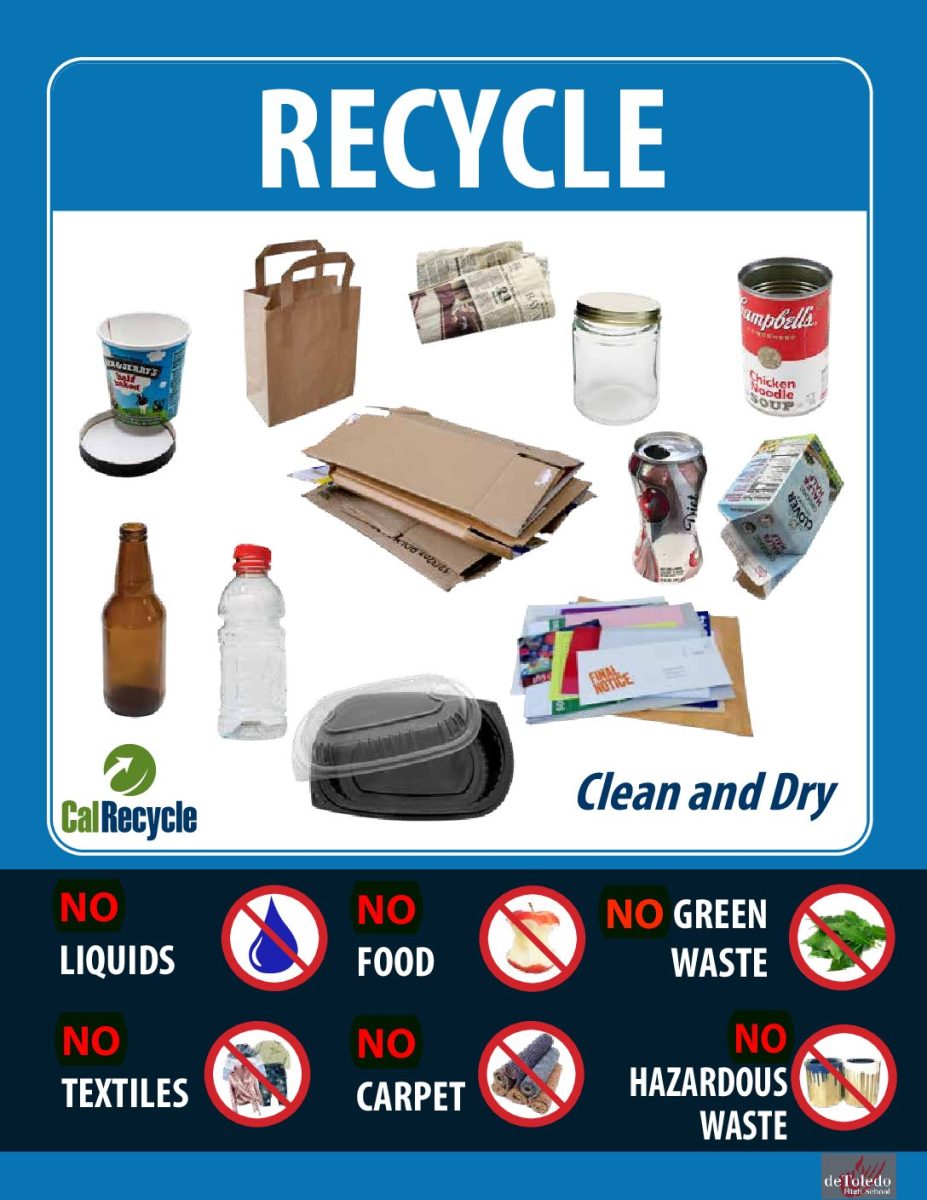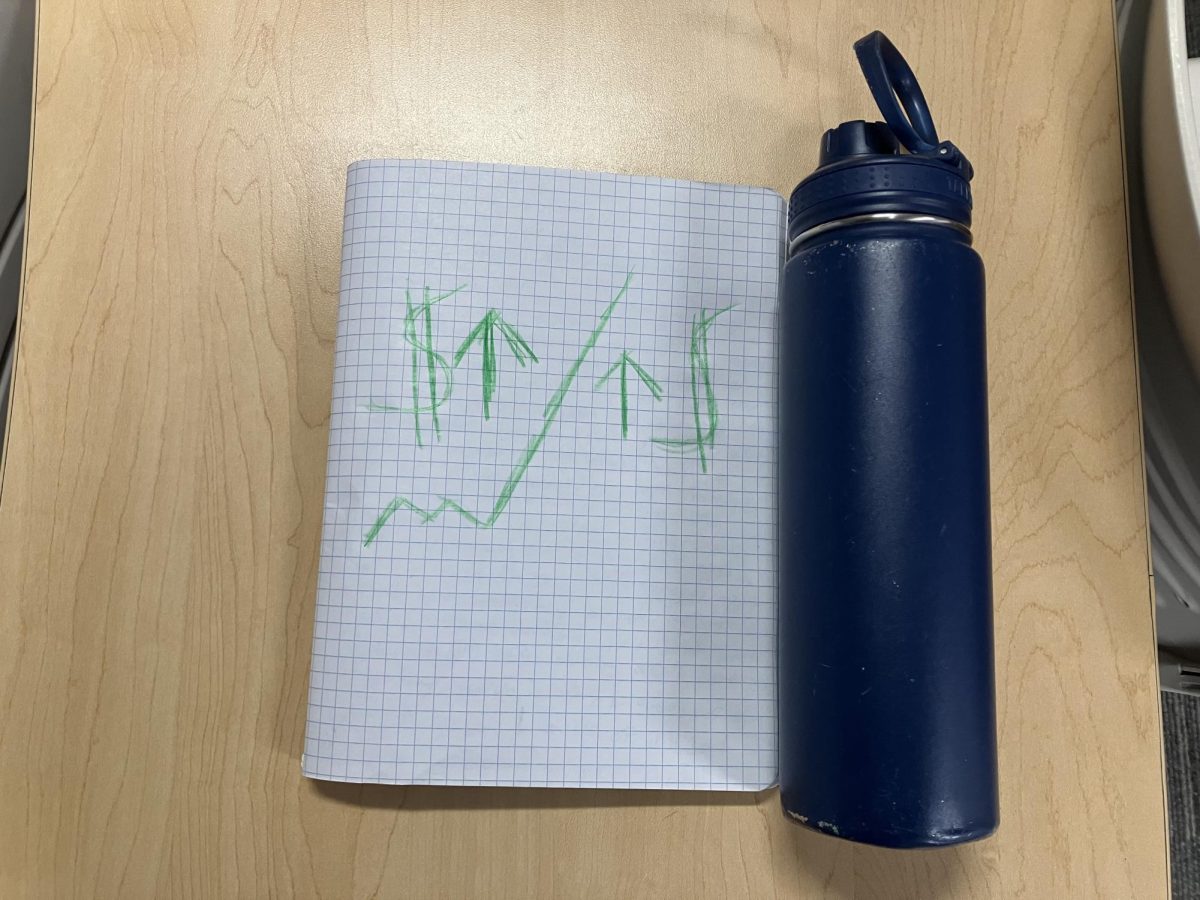Stop putting food waste, aluminum, plastic bags, liquids, or plastic utensils in the recycling bin.
Recycling has been an important part of waste management in California for a long time, but many people still don’t know what can and can’t be recycled.
You can recycle newspapers, envelopes, junk mail, phone books, brochures, magazines, plastic water bottles, plastic take-out containers, plastic soda bottles, cardboard folders, poster boards, cardboard boxes, milk cartons, metal food and beverage cans, and scrap metals.
You can typically recycle glass beverage containers and glass food jars, but glass recycling varies by area.
Recycling is the process of collecting, sorting, cleaning, treating, restoring, and then converting materials that would otherwise become solid waste, into raw material for new, reused, or restored products. For instance, we can collect our old newspapers and remake them into new newspaper!
dTHS has rolled out new receptacles around campus to sort waste into three bins: organic waste, mixed recycling, and landfill.
Recycling is a key component of helping to protect the environment from greenhouse gases.
The first step is collecting, which is when a garbage truck will come and collect whatever is in your recycling bin. The second step is processing: the truck will bring the recyclables to a processing facility where the recyclables will be sorted, cleaned, and then transported to a manufacturing facility. At the manufacturing facility, recyclables are made into new products which can then be sold to government agencies, businesses, and individual consumers.
Recycling is good for the environment, for the economy, and for communities. Recycling helps reduce pollution and greenhouse gases which are both big contributors to climate change. Recycling also reduces waste in landfills and conserves natural resources.
For the economy, recycling saves energy, which ultimately saves money. It also allows for companies to use recycled materials instead of paying more for new materials.
Recycling has created many jobs in the recycling and manufacturing industries to support Americans. A 2014 report by the National Resources Defense Council (NRDC) found that “more than 110,000 jobs could be created as a result of California’s goal to recycle 75% of its solid waste by 2020.”



